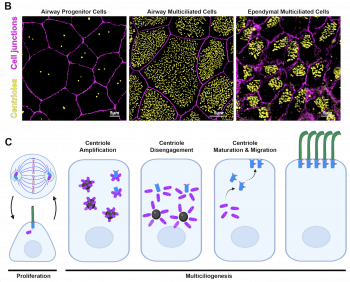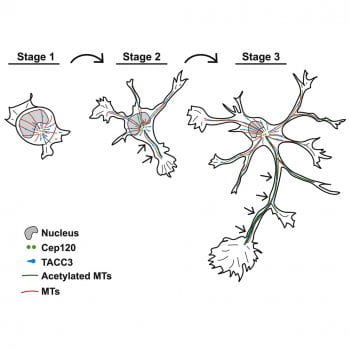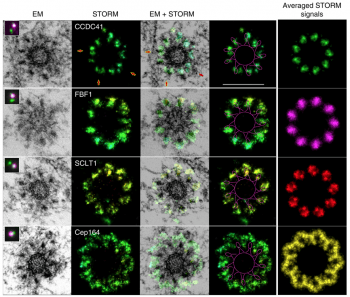Arushi is a sophomore at Boston College, and is joining the lab for 2 months as part of the WU Pediatric Center of Excellence in Nephrology (PCEN) Summer Scholar program. She will be investigating how defects in centrosome biogenesis affect the immune response during embryonic kidney development. Welcome to the lab!
A big welcome to our new Summer Scholar Arushi Katyal!





